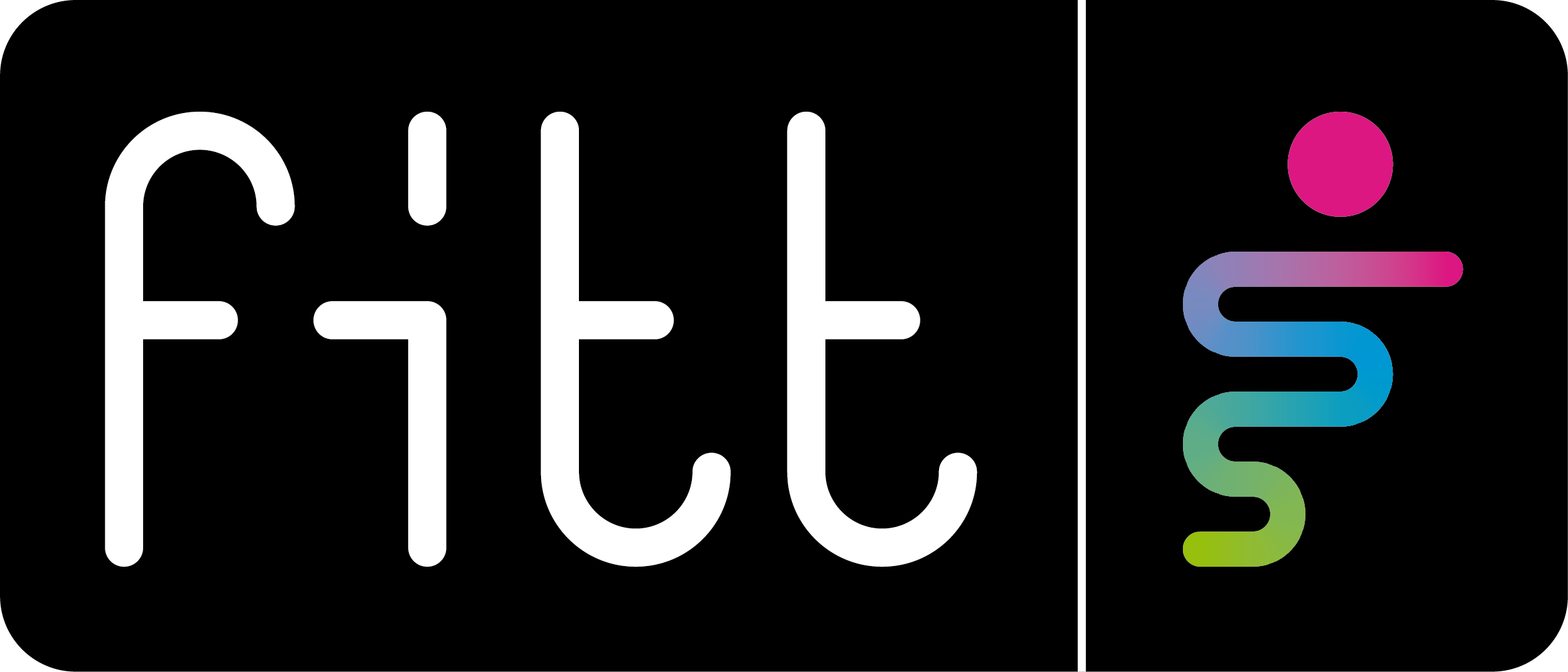

FITT Group Spa

Veneto, Italy
August 2024
Rubber & plastics products
Manufacturing
Belgium,
China,
France,
Germany,
Greece,
Hungary,
Italy,
Monaco,
Poland,
Portugal,
Romania,
Spain,
Ukraine,
United Kingdom,
United States
FITT è un’azienda leader nella produzione di tubi flessibili e rigidi in materiale termoplastico per il passaggio di fluidi, di sostanze gassose e granulose. Le soluzioni di FITT sono utilizzate per l’irrigazione di orti e giardini, per acquedotti e fognature, per lo scarico di acque pluviali e sanitarie, per piscine interrate, per applicazioni industriali e molto altro. Fondata nel 1969, oggi FITT è alla seconda generazione: ha sede centrale a Sandrigo (Vicenza - IT), conta 14 siti produttivi in Europa, di cui 9 in Italia, 15 siti logistici nel mondo e 1.250 collaboratori. I prodotti di FITT sono presenti in 90 paesi, sono progettati per garantire la massima performance in termini di durata, resa e operatività e sono realizzate con specifiche formule chimiche, che prevedono l’impiego di materie plastiche controllate, senza ftalati, piombo e altri materiali pesanti. Dal 2021 FITT è Società Benefit e nel 2024 è diventata una B-Corp.
Overall B Impact Score
Governance 9.4
Governance evaluates a company's overall mission, engagement around its social/environmental impact, ethics, and transparency. This section also evaluates the ability of a company to protect their mission and formally consider stakeholders in decision making through their corporate structure (e.g. benefit corporation) or corporate governing documents.
What is this? A company with an Impact Business Model is intentionally designed to create a specific positive outcome for one of its stakeholders - such as workers, community, environment, or customers.
Workers 38.0
Workers evaluates a company’s contributions to its employees’ financial security, health & safety, wellness, career development, and engagement & satisfaction. In addition, this section recognizes business models designed to benefit workers, such as companies that are at least 40% owned by non-executive employees and those that have workforce development programs to support individuals with barriers to employment.
What is this? A company with an Impact Business Model is intentionally designed to create a specific positive outcome for one of its stakeholders - such as workers, community, environment, or customers.
Community 19.2
Community evaluates a company’s engagement with and impact on the communities in which it operates, hires from, and sources from. Topics include diversity, equity & inclusion, economic impact, civic engagement, charitable giving, and supply chain management. In addition, this section recognizes business models that are designed to address specific community-oriented problems, such as poverty alleviation through fair trade sourcing or distribution via microenterprises, producer cooperative models, locally focused economic development, and formal charitable giving commitments.
Environment 19.1
Environment evaluates a company’s overall environmental management practices as well as its impact on the air, climate, water, land, and biodiversity. This includes the direct impact of a company’s operations and, when applicable its supply chain and distribution channels. This section also recognizes companies with environmentally innovative production processes and those that sell products or services that have a positive environmental impact. Some examples might include products and services that create renewable energy, reduce consumption or waste, conserve land or wildlife, provide less toxic alternatives to the market, or educate people about environmental problems.
Customers 3.5
Customers evaluates a company’s stewardship of its customers through the quality of its products and services, ethical marketing, data privacy and security, and feedback channels. In addition, this section recognizes products or services that are designed to address a particular social problem for or through its customers, such as health or educational products, arts & media products, serving underserved customers/clients, and services that improve the social impact of other businesses or organizations.